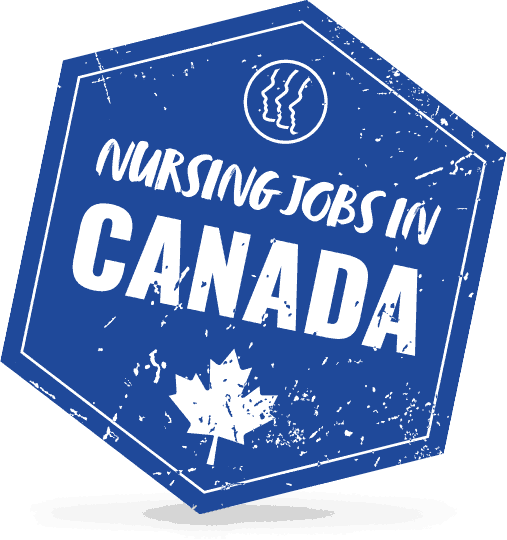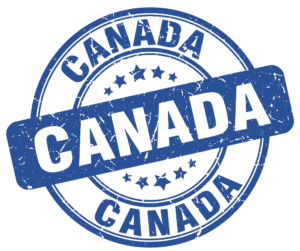


YOUR ALL EXPENSES PAID TICKET TO YOUR NEXT WORKATION DESTINATION. INTERESTED IN WORKING IN REMOTE PRACTICE NURSING STATIONS? check it out here!

TravelNurse is your connection to thousands of nursing jobs across Canada.
TravelNurse offers you the freedom you need to make your travel dreams come true, without forcing you to leave your career or give up your income. With higher-than-average wages and travel and housing paid for, it is finally possible for you to take advantage of this time in your life where you’re able to explore.
Interested in working in Remote Practice Clinics – Our Clinical Department has put together a bit of information about what working in remote stations is like. Check it out here!
TravelNurse is your connection to thousands of nursing jobs across Canada.
TravelNurse offers you the freedom you need to make your travel dreams come true, without forcing you to leave your career or give up your income. With higher-than-average wages and travel and housing paid for, it is finally possible for you to take advantage of this time in your life where you’re able to explore.
Interested in working in Remote Practice Clinics – Our Clinical Department has put together a bit of information about what working in remote stations is like. Check it out here!

YOUR ADVENTURE
STARTS HERE!

Stay Connected on Facebook
Share your travel nursing adventures with us on our Facebook page. It’s also a great way to stay connected with job postings.
Let’s Connect

Travel Nursing
See the country while doing what you love! Excellent compensation, paid travel and accommodations and much more!


Assignment Locations
Locations that range from rural/remote hospital or clinic settings to big city experiences.


License Requirements
Licensing information for healthcare professionals travelling across Canada, check here for licensing requirements in Canada.
IT’S A GREAT TIME TO BE A NURSE!

Looking for Accommodations?
If you are looking to rent your unit to working professionals for a short or long-term basis, please complete our Accommodations Provider Application form.
Call Us Toll Free


